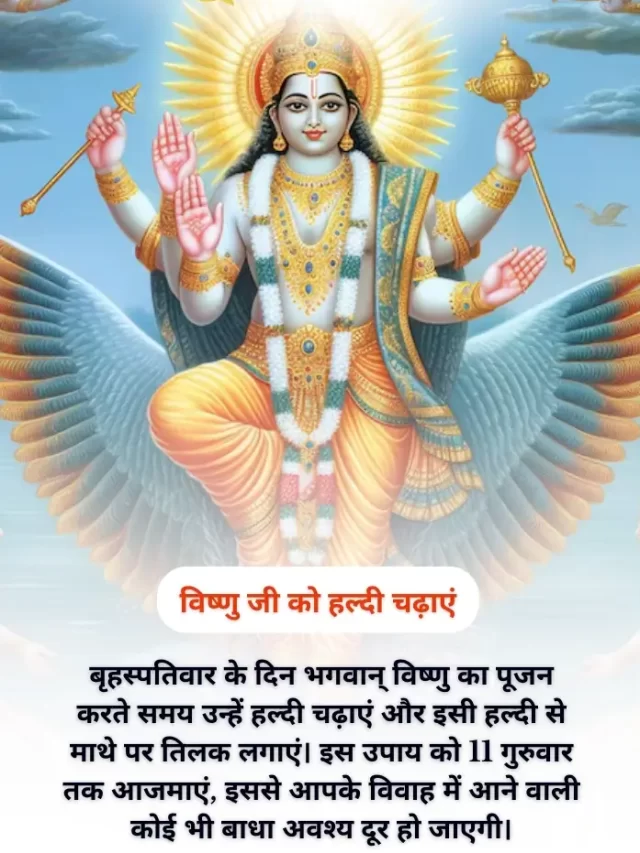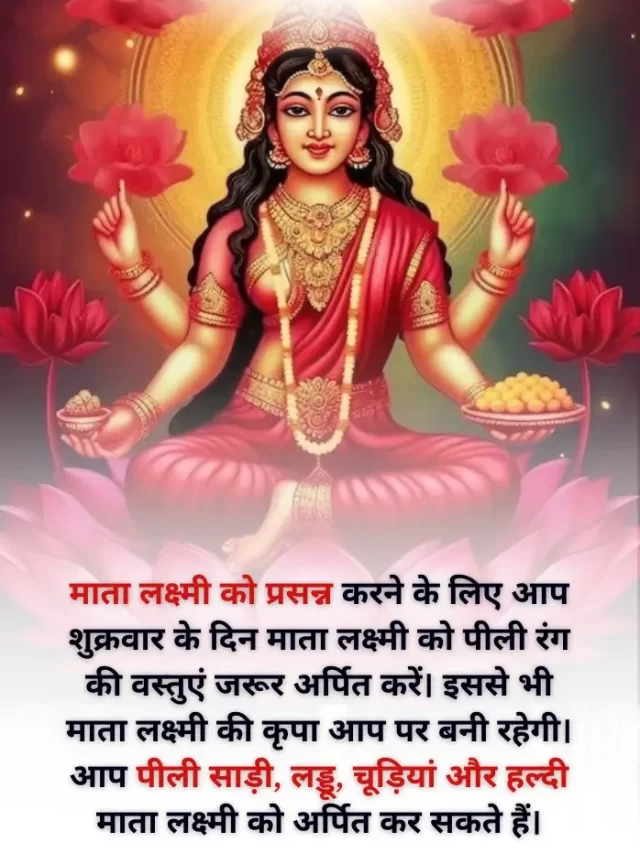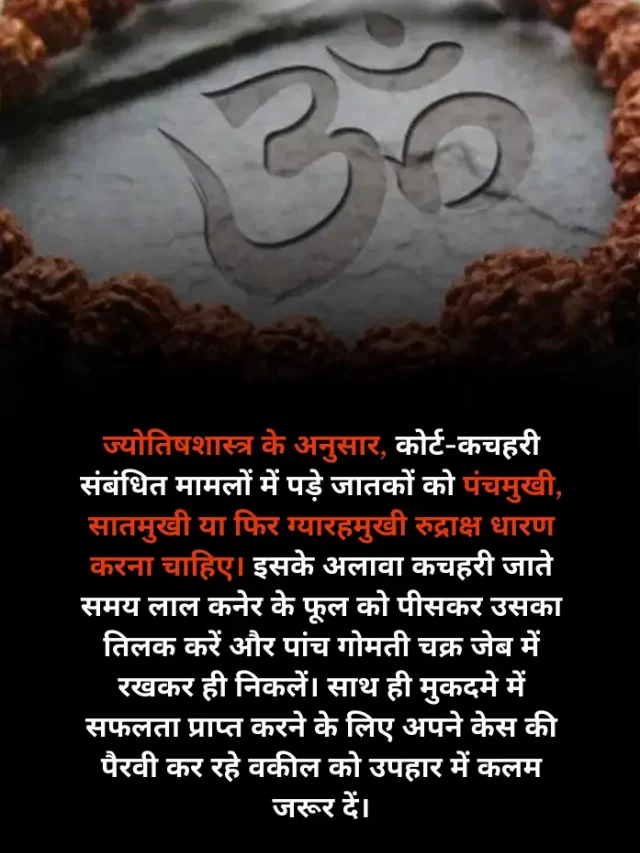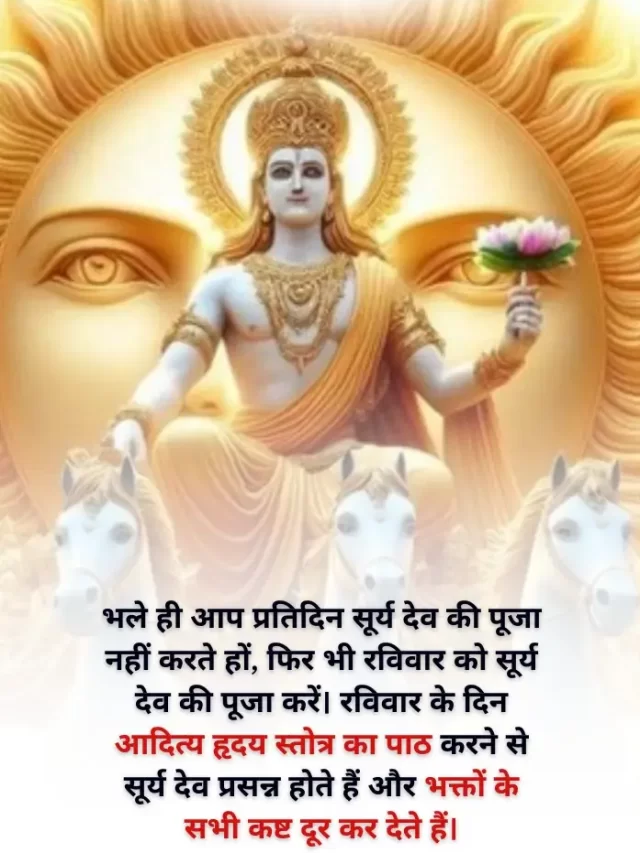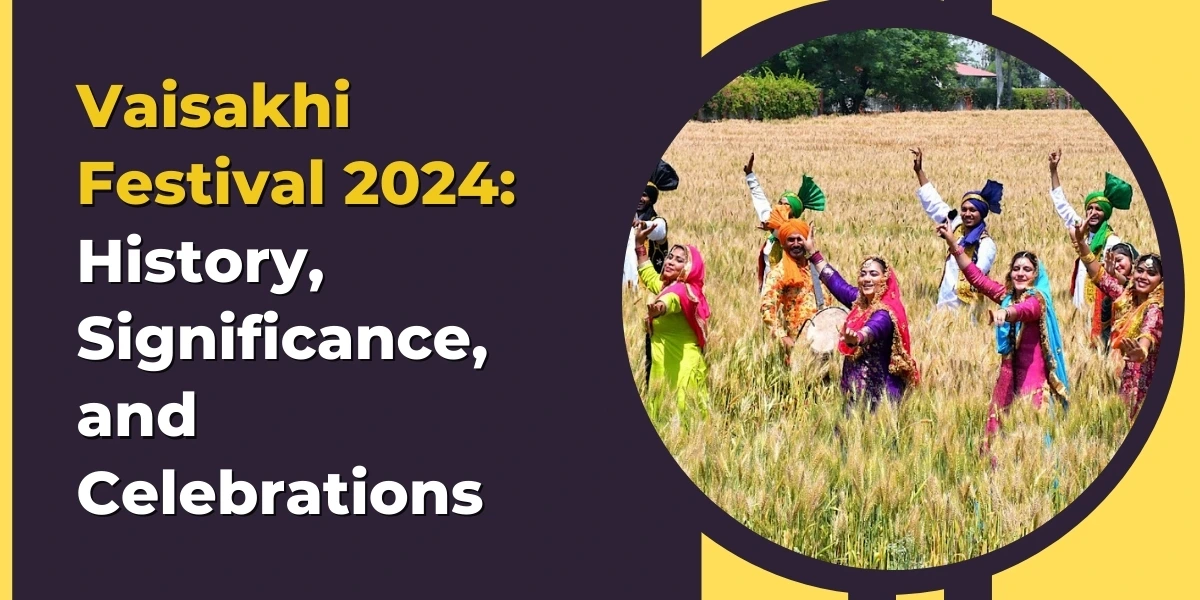
Vaisakhi Festival 2024: India celebrates Vaisakhi, also called Baisakhi, as a holiday to commemorate the beginning of the agricultural year and the harvest season, especially in the state of Punjab. For Sikhs, it is a holy holiday commemorating the establishment of the Khalsa, or Sikh community, by the tenth Sikh Guru, Guru Gobind Singh, in 1699. Every year, on April 13 or 14, depending on the Sikhs’ Nanakshahi calendar, Vaisakhi is observed.
Vaisakhi Festival 2024 Date And Time
Vaishakhi Festival 2024: Saturday, April 13, 2024
Vaishakhi Sankranti Moment: 09:15 PM
Mesha Sankranti: Saturday, April 13, 2024
If you need assistance preparing anything special for this Vaisakhi Festival 2024, you may also speak to astrologer via call.
History of Vaisakhi Festival 2024
In 1699, Guru Gobind Singh founded the Khalsa culture. According to another tradition associated with this day, on this same day, Guru Gobind Singh urged countless people to give up their freedom for him. After he said this, only five guys strolled together; they were thereafter dubbed Panj Piaras of the Sikh Culture. On this day, people in the northern regions of India frequently practice agriculture and give thanks to their leaders for providing them with food and shelter.
To commemorate this day, people dress in traditional attire and gather with their relatives to rejoice. On the day, people occasionally share Kada Prasad—a dish cooked with atta and ghee—with one another. We would like to greet all of our readers with a very happy Baisakhi at this Sikh holiday before getting into further specifics about the celebration.
Also Read: https://speaktoastrologer.com/2024-chaitra-navratri-date-time-ghatasthapana-muhurta/
Importance of Vaisakhi Festival 2024
For Sikhs, this festival holds special meaning as it honors the founding of the Khalsa Panth in Sikhism. From a meteorological perspective, this day is significant. The five loved ones represented the Khalsa, the collective body of all Sikhs who were integrated (known as the Panj Pyare in Punjabi).
It is sometimes referred to as the Guru Panth or the embodiment of the Guru. The founding of the Khalsa country gave rise to two important facets of Sikhism: the Khalsa civilization and the Shabad surat abyss, a means of imposing Guru Nanak’s teachings as directed.
Following the sacrifices of the Gurus, the four sons of Guru Gobind Singh, and numerous Shahid Singh sacrifices, Guru Nanak’s mission was accomplished. These features encompassed and safeguarded all that was accomplished during 314 years.
Because Vaisakhi, also known as Mesha Sankranti, marks the Sun’s entry into the sign of Aries, it is special and significant. Baisakhi is an important day in Punjab and Haryana. Farmers get up early, put on fresh clothing, and travel to temples and gurudwaras to seek blessings for a successful farming campaign and to thank the Lord for the abundant crop.
Vaisakhi Festival 2024 Rituals
An important Vaisakhi ceremony called “Awat Pauni” is held. Folk music is played on the dhol, and people congregate here to harvest crops while singing beautiful songs. There is also a religious procession in the Vaisakhi known as “Nagar Kirtan.” Singing and chanting from the Guru Granth Sahib, the sacred book of Sikhs, is a communal activity. Five Khalsa, dressed as Panj Pyaras and carrying the sacred book as a symbol of respect, lead them.
Vaisakhi Festival 2024 Celebration
The harvest holiday of Vaisakhi is marked by much color and celebration. Rabi crops are still suitable for cutting during this period in various parts of India, brimming with energy and confidence. West Bengal, Punjab, and Haryana are some of the states that celebrate it the most.
Farmers give thanks to Mother Nature for the bountiful harvest and dedicate their lives to her on this day. They also hope that the upcoming year will bring stability and prosperity to the nation.
On Vaisakhi festival 2024, Sikh families visit Gurdwaras to participate in special morning prayers. Every devotee receives a dessert known as kada prasad after prayer. On this day, a unique Langar is arranged.
The well-known Sikh interpretation of scripture, the Guru Granth Sahib, is carried along in a ceremony on this day. Throughout the ceremony, some bands perform, dance, and deliver heartfelt messages and spiritual platitudes. On this day, people practice two forms of traditional dance called Bhangra and Gidda.
Both sexes dress in vibrant hues. The men’s traditional turbans feature large follower decorations atop their heads. They frequently dress in large waistcoats called kurtas with patterned blazers. Underneath the kurta was a lungi, a big piece of fabric wrapped around the waist. Women wear scarves and salwar suits.
On this day, classic Indian and Punjabi cuisines such as Puri, Gajjar ka halwa, Paneer Tikka, Motichhor Ladoo, Makki di roti, and Chicken Biryani are typically offered.
